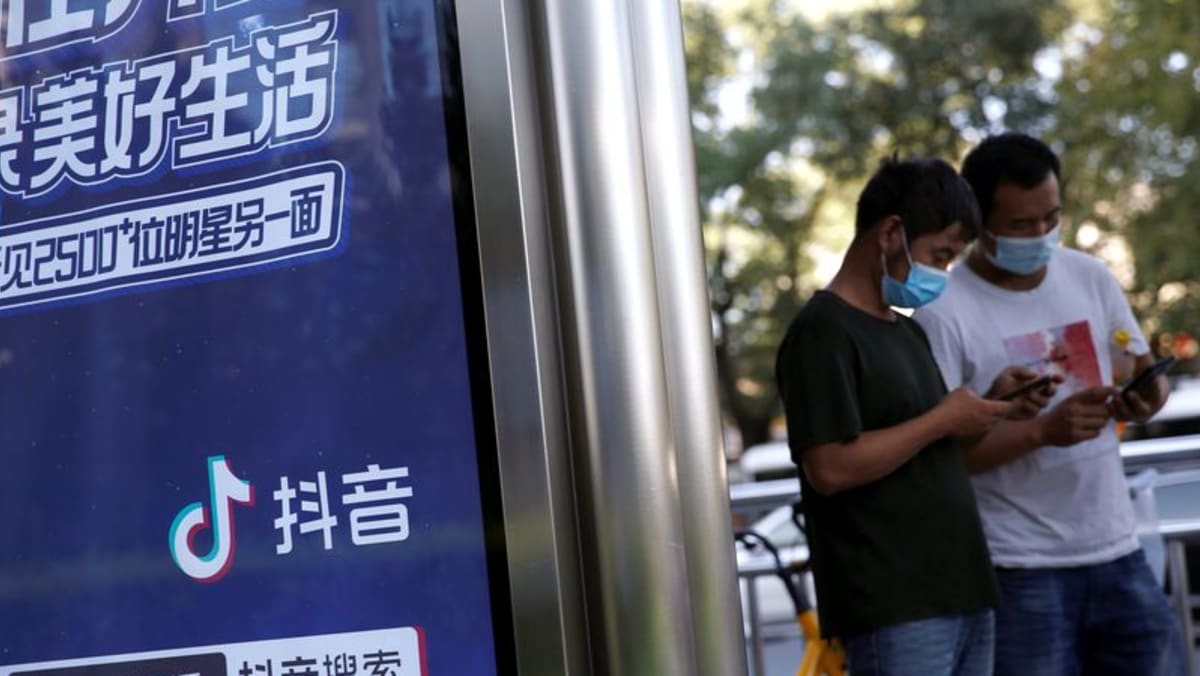Commentary: In China, TikTok sister app Douyin has become a powerful consumer tool
In 2014, with the emergence of video social media platforms, such as Douyin and Kuaishou, Chinese consumers have found new ways to speak up for themselves, attract media attention, and consequently, pressure businesses to give them their money back. These short videos have become a significant force.
DOUYIN VIDEOS AS LEGAL PROOF
Qiang, a professional photographer, told us that short videos on Douyin are more authentic than plain text and pictures on microblogging sites, and more importantly, they can be used as legal proof. According to China’s supreme people’s court, original unedited electronic files such as videos can serve as evidence.
Tan, a graduate student, argued that protesting online is more effective than doing it offline as the consumers’ stories can be seen by other consumers and the company in question: “Once your story is successfully spread on the platform, the company that violates your rights will notice you, and they will resolve your problem as soon as they can to protect their brand image.”
Chinese companies hunt for consumer complaints on Douyin to address them as quickly as possible. In the public relations company where brand manager Kai works, a team searches consumer complaints on Douyin 24 hours a day, and “once they discover a complaint, they will make every effort to solve it and then earnestly request the consumer to delete the video,” she told us.
As Douyin becomes an essential part of the everyday culture of many Chinese people, it has become a far more powerful tool than might have been expected when it was first launched.
Zizheng Yu is a lecturer in Advertising and Marketing Communications, University of Greenwich. This commentary first appeared on The Conversation.
For all the latest business News Click Here

